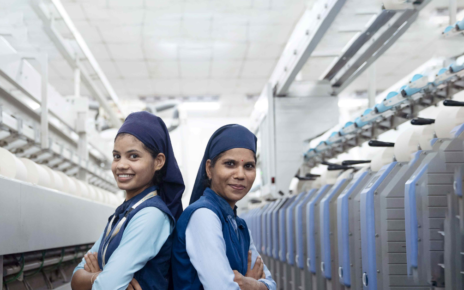As many as 217 children with Congenital Heart Disease (CHD) were surgically treated and 18 children with PIDD (Primary Immuno Deficiency Disease) were provided free treatment, under Rashtriya Bal Swasthya Karyakram (RBSK), informed Punjab Health Minister Balbir Sidhu
Sidhu said that all 258 RBSK Mobile Health Teams were deputed in Covid-19 duties as schools and AWCs closed in wake of pandemic. He said that besides performing COVID duty, the RBSK teams worked tirelessly to protect and promote a healthy childhood for all the children in Punjab under which emergency health services were provided to the school children.
“RBSK is an important initiative aiming at early identification and early intervention for children from birth to 18 years to cover 4 ‘D’s viz. Defects at birth, Deficiencies, Childhood Diseases, Development delays including disability. This program seeks to put together a systematic approach to child health screening and early intervention,” said Sidhu.
Director Health Services (Family Welfare) Dr Andesh Kang underlining the importance of RBSK stated that as per Government of India’s estimates there are cases of birth defects, deficiencies, diseases specific to childhood and developmental disorders including disabilities in India and it is necessary to pay attention to their early detection and intervention. “As per GoI’s estimates 6 percent of children are born with birth defects, 10 percent children are affected with developmental delays leading to disabilities. Further, 4 percent under five mortality and 10 percent of neonatal mortality is attributed to birth defects,” said Kang. State Program Officer (RBSK) Dr Sukhdeep Kaur informed that this program covers over 3.7 million children in Punjab from 0-18 years of age. Screening of the new-born, both at public health facilities and at home, is an important component of the strategy. Regular health screening of pre-school children up to 6 years of age using 26,966 Anganwadis is conducted twice a year and children from 6 to 18 years of age studying in 19,671 Government and Government aided schools also receive health check-ups once a year.



